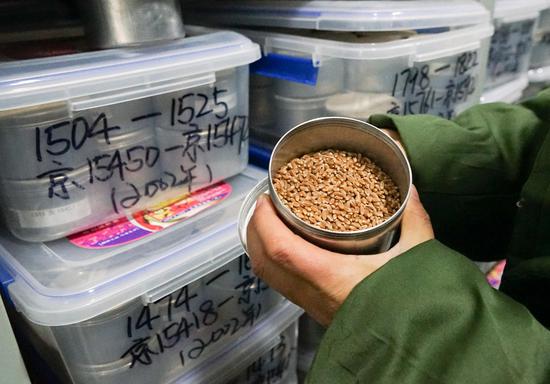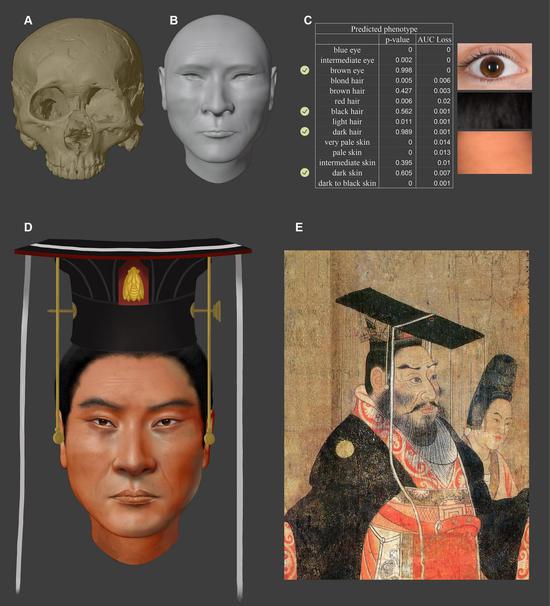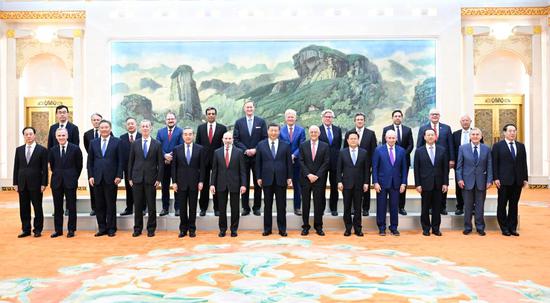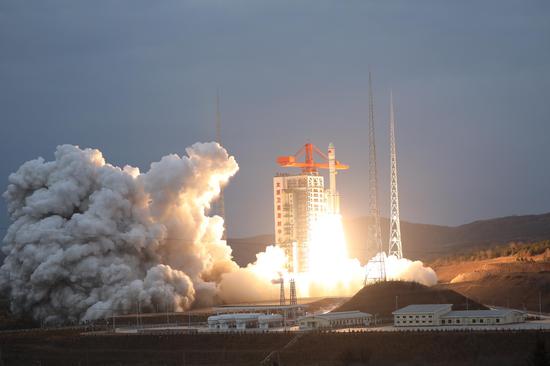A stronger U.S. dollar following high U.S. interest rates has been weighing on Asian currencies, sparking inflationary pressures across the region for the past few weeks.
Analysts expect Asian currencies to remain weaker against the greenback as upbeat economic data have spurred speculation that the U.S. Federal Reserve may not cut interest rates anytime soon. The U.S. Bureau of Labor Statistics said on Friday that nonfarm payrolls in the nation increased by 303,000 in March, indicating a stronger labor market and positive economic outlook.
"The devaluation of Asian currencies is intricately linked to the tightening of global monetary policies," said Deniz Istikbal, an economic researcher at the Foundation for Political, Economic and Social Research, or SETA, a think tank based in Ankara, Turkiye.
He noted that both the Fed and the European Central Bank had hiked interest rates to "levels unseen in the past 25 years", leading to capital outflows from developing Asian economies and pulling down currencies in the region.
Sanjay Mathur, chief economist for Southeast Asia and India at ANZ Research, said the weakness in Asian currencies is "broadly being driven by the strength of the U.S. economy which has resulted in delayed rate cut expectations and a stronger dollar by implication".
The Malaysian ringgit and the Thai baht are among the hardest hit, falling to historic lows in the past few weeks. The ringgit slid to 4.7965 against the dollar on Feb 20, its weakest level since the 1998 Asian financial crisis. The Thai baht has depreciated by 7 percent since January.
The Indonesian rupiah fell to a four-year low of 15,963 against the dollar on April 1, pushing the central bank to intervene in the currency market. The Reserve Bank of India, India's central bank, likewise stepped in when the rupee hit a record low on March 27 owing to higher demand for imported crude oil.
Mathur said the weaker currencies are boosting inflation levels in the Asian region, as a stronger dollar means that imported food and fuel will cost more. But he said that prices overall will be reined in by subdued domestic demand in Asia. "It is unlikely that corporates can pass on increases in input costs to end consumers," he said.
A stronger dollar usually bodes well for commodity-exporting countries such as Indonesia, Malaysia, Thailand and Vietnam. But such gains will be limited by a decline in global demand, according to Istikbal of SETA.
Disrupting price stability
"Moreover, currency depreciation negatively affects both society and government by disrupting price stability. Currencies losing value wield significant influence across various domains, ranging from elections to bureaucratic procedures," he said.
Saktiandi Supaat, head of forex research at Kuala Lumpur-based Maybank, said the weaker ringgit is boosting prices of imported goods and services and affecting the purchasing power of Malaysians when traveling. But he said the weaker local currency will ensure that Malaysian exports are cheaper than other countries' domestically priced exports and "ensures our export outlook remains supported".
Malaysia's inflation rose by 1.8 percent in February on higher housing, utilities and transportation costs. Indonesia's inflation rose to 3.05 percent in March, while India's inflation increased by 5.09 percent in February due to higher food prices.
Saktiandi said the ringgit is among the "most undervalued regionally" and as such the Malaysian currency can "potentially see good gains upon a turn in the external environment".
He is likewise sanguine on the prospects of the South Korean won, citing the recovery of the chip cycle and electronics demand as a key driver for the currency in 2024.


















































 京公网安备 11010202009201号
京公网安备 11010202009201号